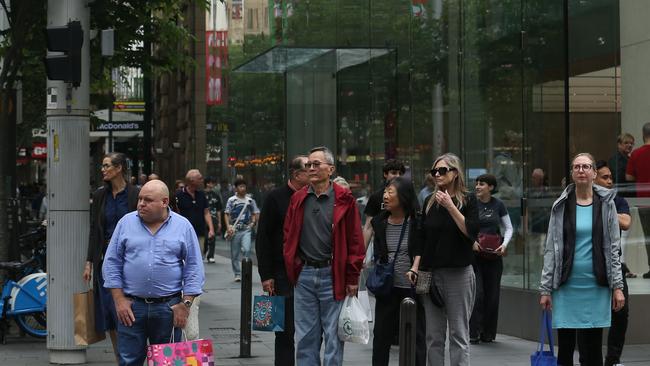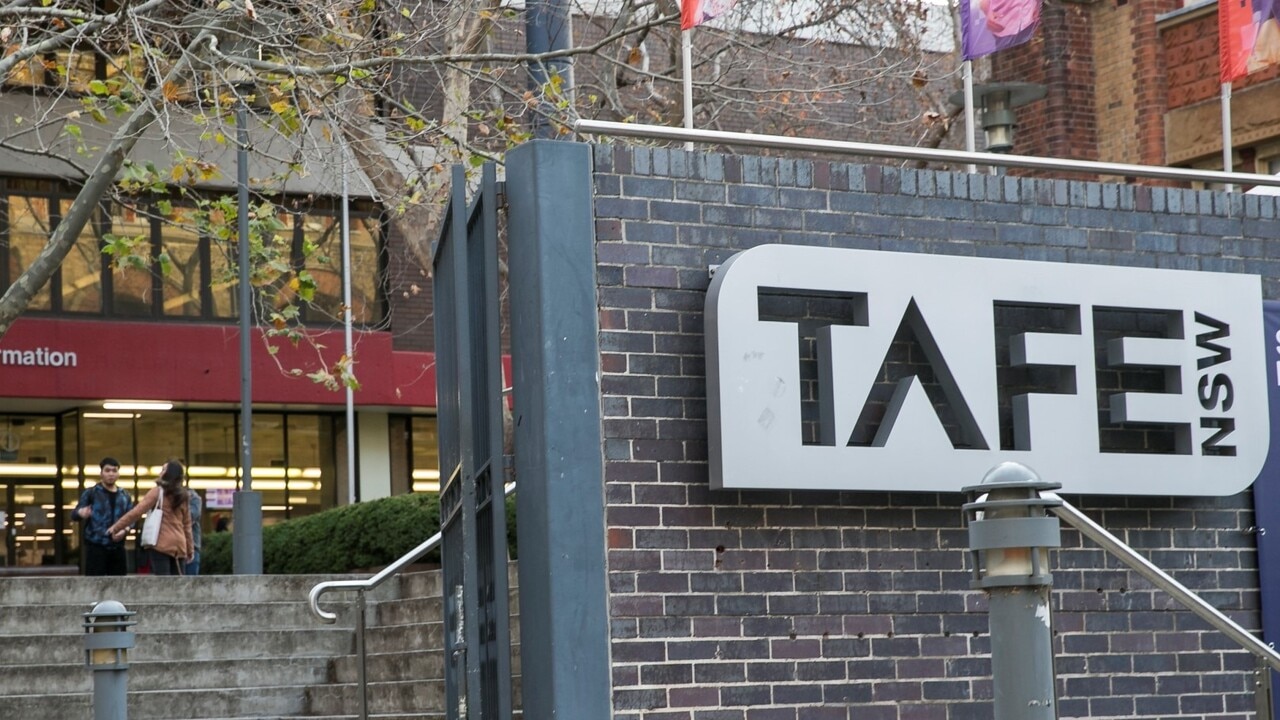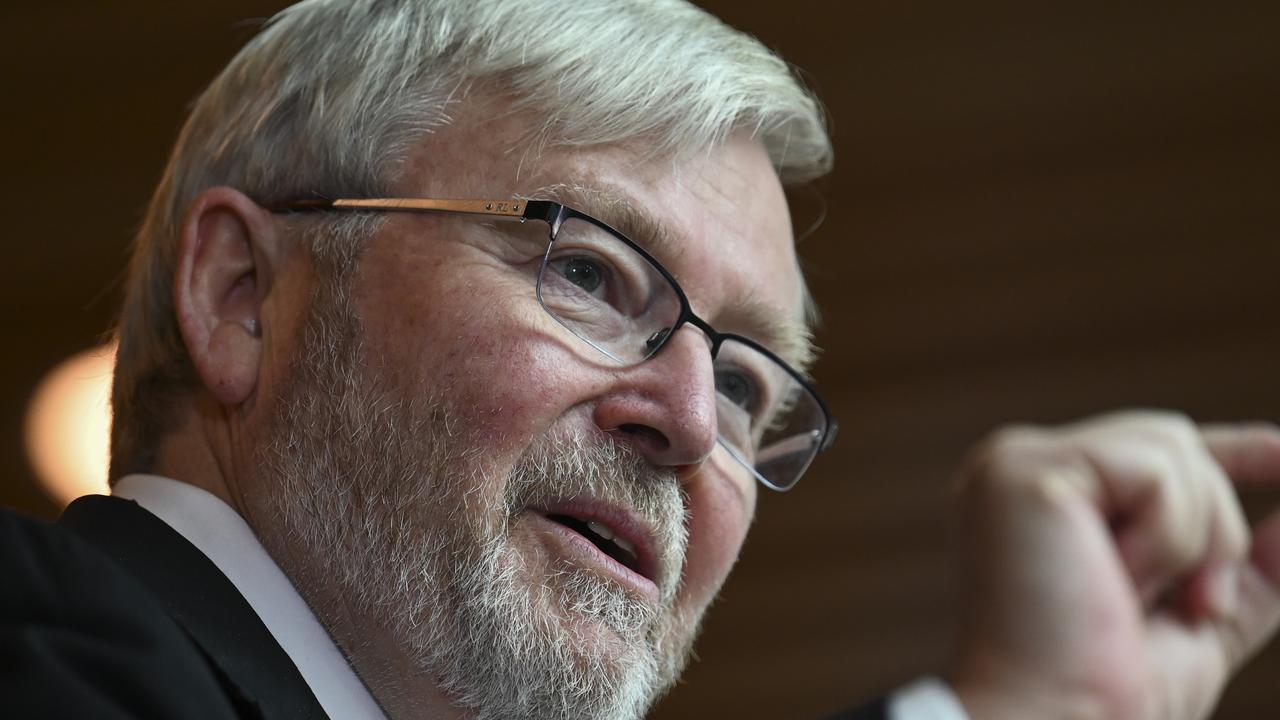Australia’s skills crisis: Why businesses are struggling to find the right workers
Despite record immigration and a softening labour market, most businesses can’t find workers with the right skills, forcing a shift towards new hiring strategies.

Business
Don't miss out on the headlines from Business. Followed categories will be added to My News.
Australia’s worsening skills shortage is hurting businesses, the economy and the country’s global competitiveness, with employers increasingly turning to skills-based hiring to fill critical gaps.
A report from recruitment firm Hays, based on a survey of 5000 hiring managers, highlights the growing strain on the workforce, driven by an ageing population, declining birthrate, shifting employment trends and low apprenticeship rates.
It found 85 per cent of hiring managers are grappling with skills gaps that are damaging team performance, particularly in technical skills, critical thinking, leadership and communication. Hays Asia-Pacific chief executive Matthew Dickason said the skills gap continued to worsen despite a softer job market and strong immigration. He called for an education overhaul to produce job-ready graduates and better migrant integration.
“We need to question whether the education system is producing job-ready graduates at the pace that we need, and if not, why is that the case. Many industries continue to have skills gaps, and their needs aren’t being met despite a strong pool of graduates,” he said.
“While we’re bringing skills into the country that we need, we don’t do a good job at putting those people into the roles that are most suitable for them and therefore we’re not realising the benefit that we should.” While skilled migration is often cited as a solution, only 37 per cent of employers are using it to address shortages, and nearly a quarter of them say it has failed to meet expectations. This comes against the backdrop of the country’s unemployment rate remaining at historically low levels and record levels of immigration swelling the population beyond 27 million.
“Those migrants come with skills but don’t necessarily understand the Australia and New Zealand landscape that well, so if we can get them proficient in what we do and more accepting of them then that will help us a society realise the benefits from skilled migrant,” Mr Dickason.
The Hays 2025 Skills Outlook Report says shortages are most acute in public safety and administration, manufacturing and financial services. Larger organisations face steeper challenges, with more than half of those employing more than 1000 people reporting moderate to extreme skills shortages.
Mr Dickason said a co-ordinated approach between government, industry and education providers was required to address the skills gap and allow Australia to reach its full potential in the global economy.

“Government, industry and education providers need to work together to ensure we have the environment to develop skills as a country and bring the right skills into the country, plus create the right policy settings and flexibility within our labour market to pivot when needed,” he said.
Businesses are also being urged to adopt a strategic approach to workforce planning, known as the ‘‘Build, Buy, Borrow’’ model. This involves developing internal talent through training, acquiring skilled workers from outside the organisation, and using external partnerships to fill gaps.
“At a country level when you think about skilled migration you are buying skills and importing it from another country. At an organisation when you’re recruiting you are buying those skills into an organisation to help address immediate demand,” Mr Dickason said. “You also must think about how I build those skills internally within my business. And that requires quite significant investment, and it takes time to realise those benefits.”
Kyndryl’s cloud practice leader for Australia and New Zealand, Michael Vincetic, said the challenge lay in fewer professionals upskilling in mainframes while experienced experts retired.
“Much of the current focus, when it comes to software is on emerging technologies, which is fine as we need these technologies to drive innovation across the economy,” he said. “But the reality is that many large Australian enterprises run at least half their mission-critical applications on the mainframe. If these skills disappear, there are so many critical services and functions across Australian society that would be impacted.”

There was also a disconnect between the skills employers prioritised and those that workers believed were critical. Employers rank communication, teamwork and problem-solving as the most important competencies for the future, while professionals prioritise technology skills, leadership and technical expertise.
Employers are increasingly adopting skills-based hiring as a response, with 86 per cent focusing on specific competencies rather than formal qualifications or experience alone. However, identifying and assessing relevant skills remains a major challenge for more than half of hiring managers.

“This approach requires planning to understand what specific skills are required in the role you are hiring for, but what we are seeing is that organisations are struggling to work out what those skills are and how to access those skills effectively,” Mr Dickason.
“As human skills become more important, it is also outside the way people have traditionally been recruited and that requires businesses to invest more into the development of their hiring community to look further beyond qualifications.”
The retirement of mainframe experts was a pinch point for many businesses, particularly those reliant on legacy systems that supported essential services like banking, telecommunications and government operations, he said.
More Coverage
Originally published as Australia’s skills crisis: Why businesses are struggling to find the right workers





